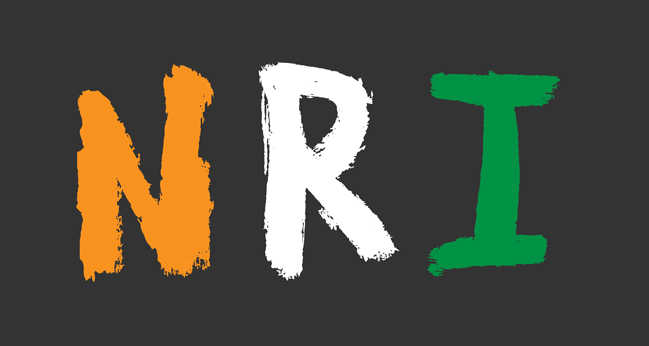Steps For An Effective Background Check On Builders
 Buying a home calls for a large investment and, hence, it is the onus of the buyer to do a proper check on the builder and the associated construction company before signing on any agreement or transferring any booking amount. Non Resident Indians are quite prone to builder frauds as they are usually unable to keep a real time check on the construction updates.
Buying a home calls for a large investment and, hence, it is the onus of the buyer to do a proper check on the builder and the associated construction company before signing on any agreement or transferring any booking amount. Non Resident Indians are quite prone to builder frauds as they are usually unable to keep a real time check on the construction updates.
Significance of a Background Check:
With the growth in the real estate sector, a number of small time builders have also entered the fray. These builders may be far more prone to financial defaults and frauds compared to established and branded builders. Irrespective of the builder, since all real estate activity involves large sums of money, it is imperative for all domestic as well as NRI buyers to do a complete and thorough background check on builders before purchasing any property. Let us look at some of the ways one can do a background check on the builder. Remember, a background check may be a little time consuming exercise in the short term but it is likely to save the pain of losing money or subsequent litigations and property-related headache in the long run.
Enquire about Previous Completed Projects:
The best way to do a background check on the builder is to find out details of previous completed projects of the builder. A good way would be to plan a personal visit to the site and speak to the residents of the building concerned. You can also speak to the Resident Welfare Association (RWA) members of the building in case of a residential project. The residents of a recently completed project are likely to give out the best first-hand information about any issues or delays they faced with the builder or details about quality of construction, material and other issues.
Check if Builder is Member of Any Builders Association Group:
There are many builder groups and associations that offer memberships to builders and colonizers. Usually a good reputed builder would be part of some of these prominent associations like Builders Association of India (BAI) or Confederation of Real Estate Developers Association of India (CREDAI). Any builder who is part of these organizations is likely to offer more professional services compared to new builders or non-members.
Check with Banks for Pre-Approved Loans:
Another good option to check about the credibility of the builder is to approach various banks and find out about loan options for projects of the concerned builder. Banks have a list of all the builders that they have pre-approved for loan sanctioning. Since banks do a stringent background check before approving any builder and provide financial assistance for their project, chances are the bank approved builders are usually the ones with a safe financial and ethical business practices. For instance, SBI approved projects are considered to be litigation-free as they have very stringent background check procedures.
Online Reviews and Ratings:
In this day and age of information technology and internet, the web is an effective tool to accumulate information and feedback about any reputed builder. A number of real estate portals have various discussion forums where people discuss their experiences with various builders and developers. Any builder is bound to have some negative reviews as it is hard to make everyone happy but look out if the builder has a large number of negative reviews and opinions from past customers. In case there is not too much information available for the concerned builder or the project, it is better to avoid investment as they are likely to be new builders without much experience and reputation.
Check Project Plan and Blueprint:
Another effective way to check builder’s credibility and professionalism is to check the builder’s blueprint for various projects. Look out for ISO 9000+ certified companies as they are likely to follow a more ethical and professional outlook minimizing chances of fraud or cheating. Before signing on any written agreement or indulging in any cash transactions make sure to ensure the project has been approved by concerned government authorities. If the builder does not show the complete documentation on request, it is better to avoid the builder.







